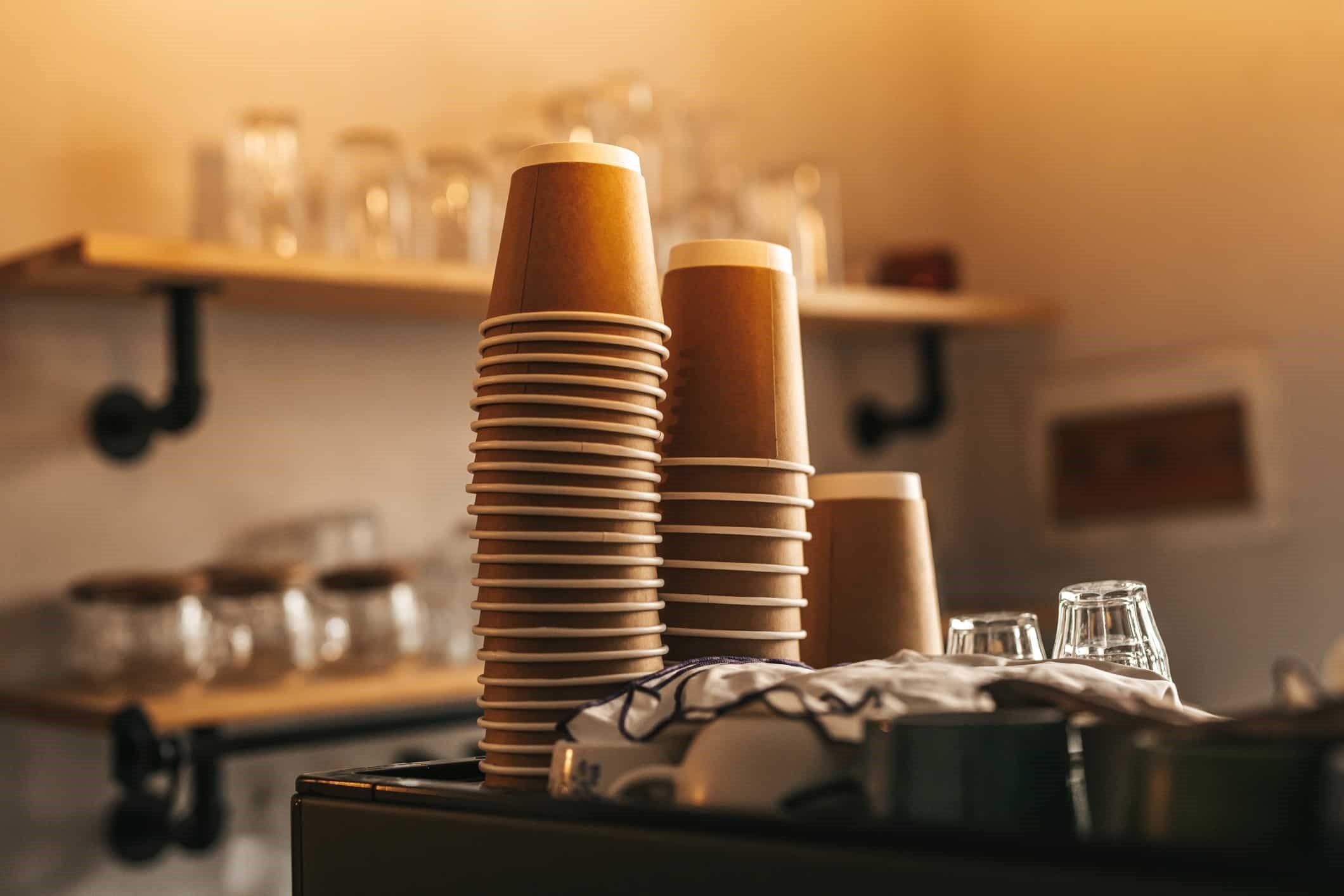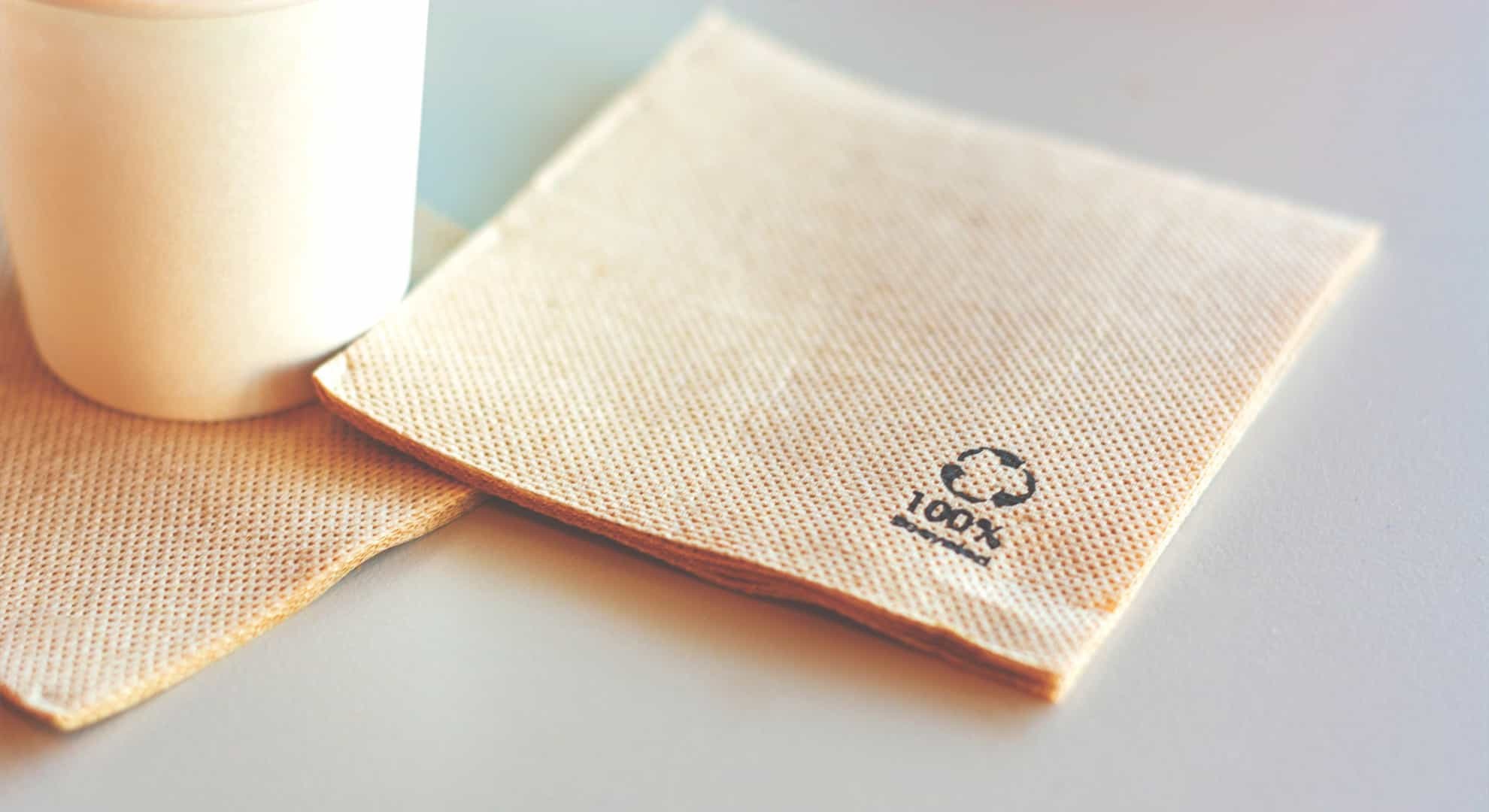
How Ditching Disposables can have a big impact on reducing single-use waste
Our recent Ditching Disposables pilot has shown that small changes can have a huge impact on reducing single-use waste in the hospitality industry.
What is Ditching Disposables?
The Ditching Disposables initiative launched in 2021 and we looked to reduce the use of disposables which was trialed across multiple businesses. We targeted our scheme at businesses based in Portobello and Joppa.
After 12 months, the pilot identified six steps businesses can take to slash single-use waste. These include switching sauce sachets for refillable bottles; charging for single-use cups and offering a reusable alternative; and making straws available on request only.
Other measures include putting napkins on tables rather than elsewhere; offering reusable takeaway containers for a deposit; and only making stirrers available on request.

Who took part in the trial?
Businesses that took part in the trial include Civerinos, The Cake and Candy Tearoom, Malvarosa, and ShrimpWreck. In 2021, multiple businesses cut sauce sachets by 99% and others reduced napkin use by 64%.
Businesses that took part in the trial cut sauce sachet use by 99% and reduced napkin use by 64%.
Share on
How can hospitality businesses reduce single-use waste?
Rethink your operations to remove the need for single-use items in the first place. Wherever possible, businesses should aim to move away from single-use items. Examples of how to do this include:
- Switch to reusable drinks cups, crockery and cutlery for consuming food on the premises
- Use washable pots, jars or bottles that can be refilled for condiments instead of sachets
- Introduce a leasing scheme so regular customers can borrow a reusable takeaway coffee cup for a deposit if they have forgotten their own
- Provide a refill station where customers can refill their water bottles easily
- Remove non-essential packaging, for example wrapping for multipacks, or unnecessary secondary packaging
- Provide your products in a refillable format, so customers can return their containers to be reused
Find out more
We've created a suite of PDF case studies with further information on Ditching Disposables to help encourage hospitality businesses to reduce waste. Download them and help us spread the word.
